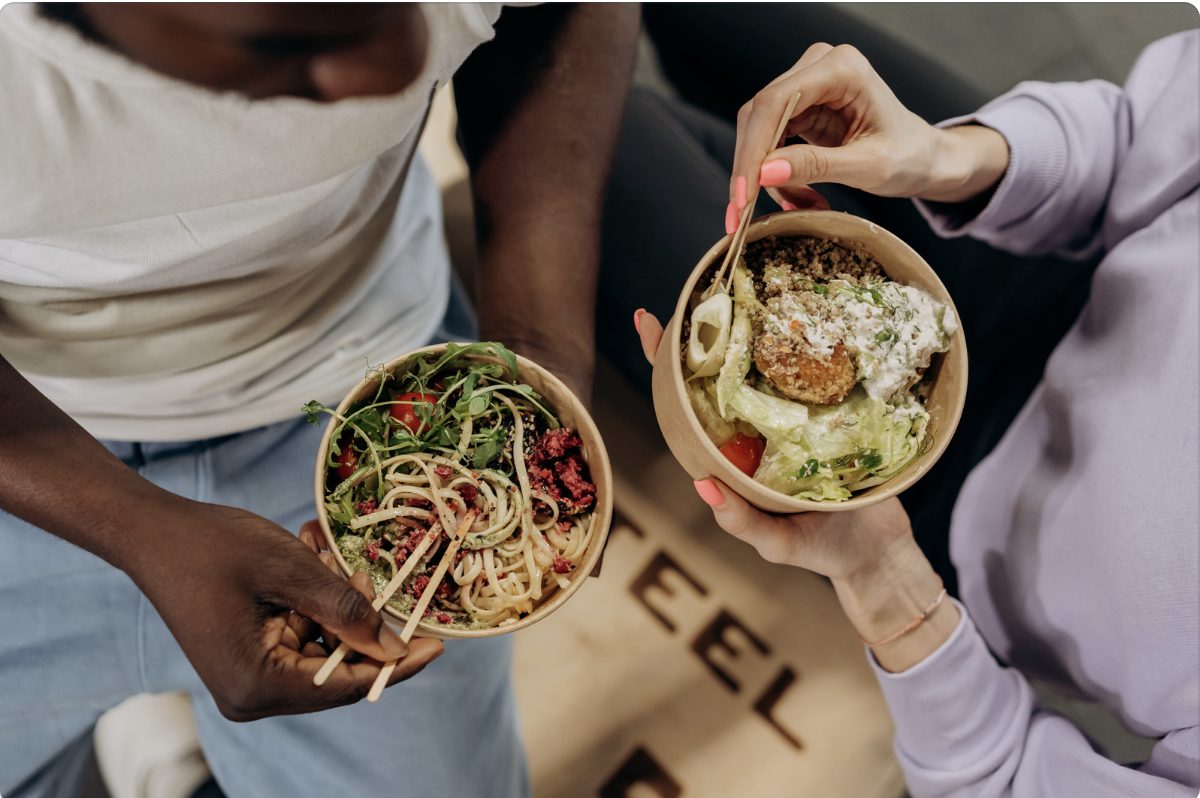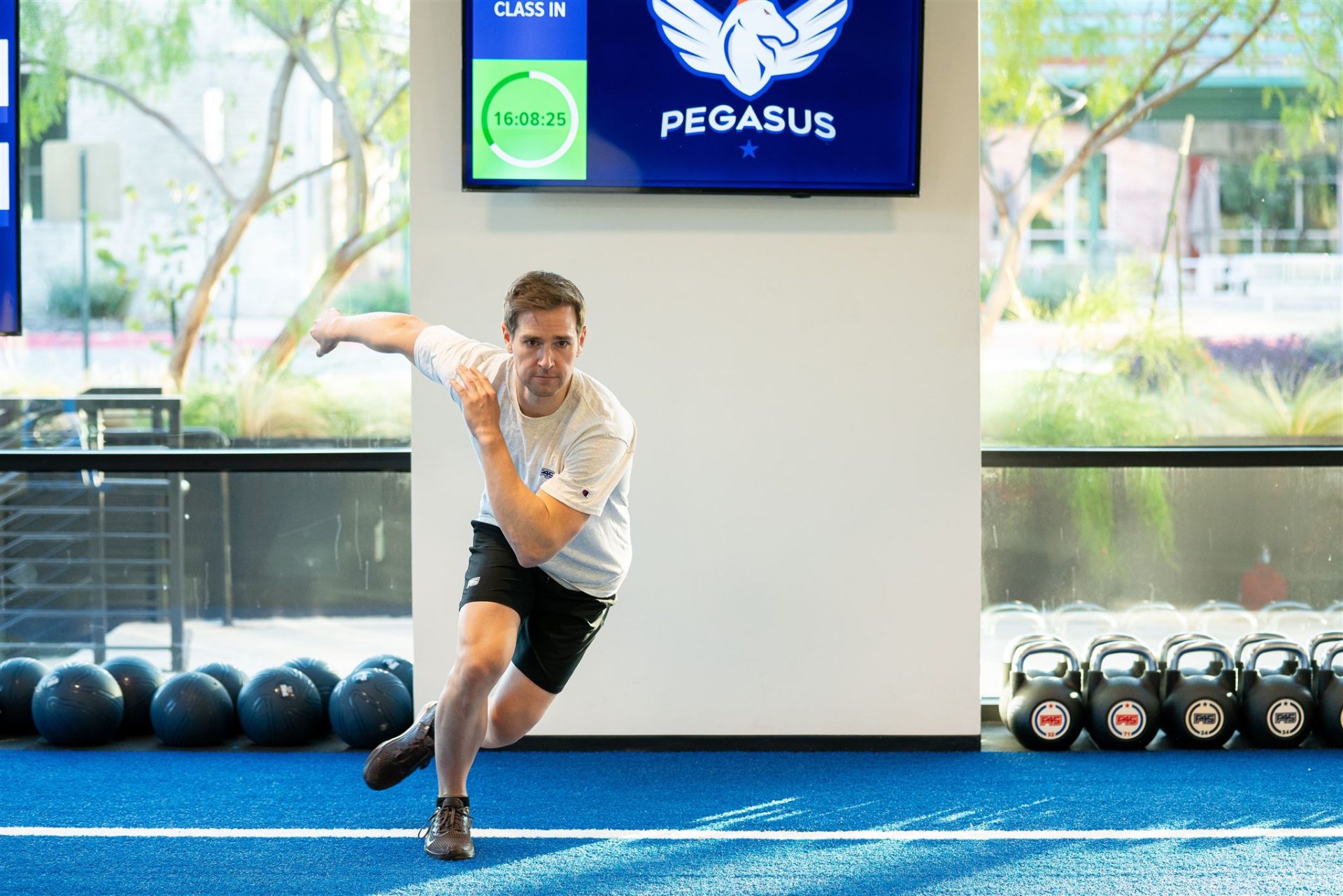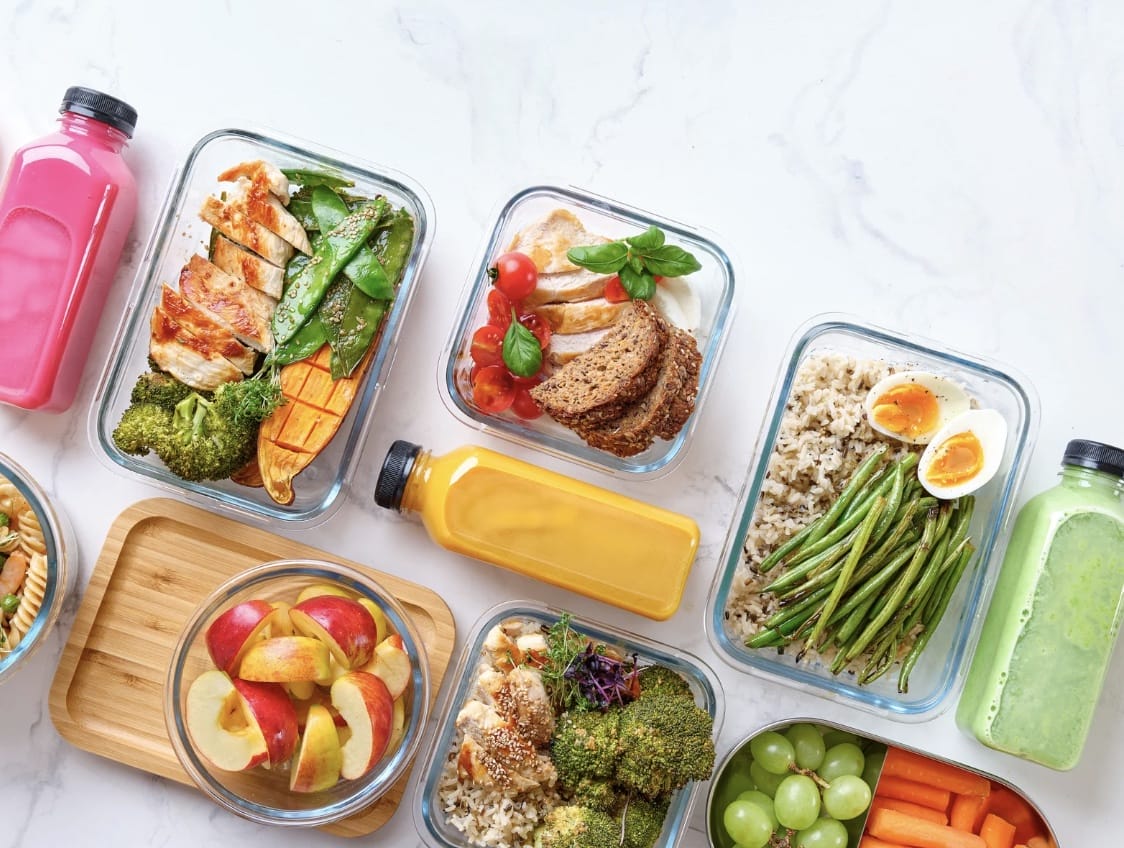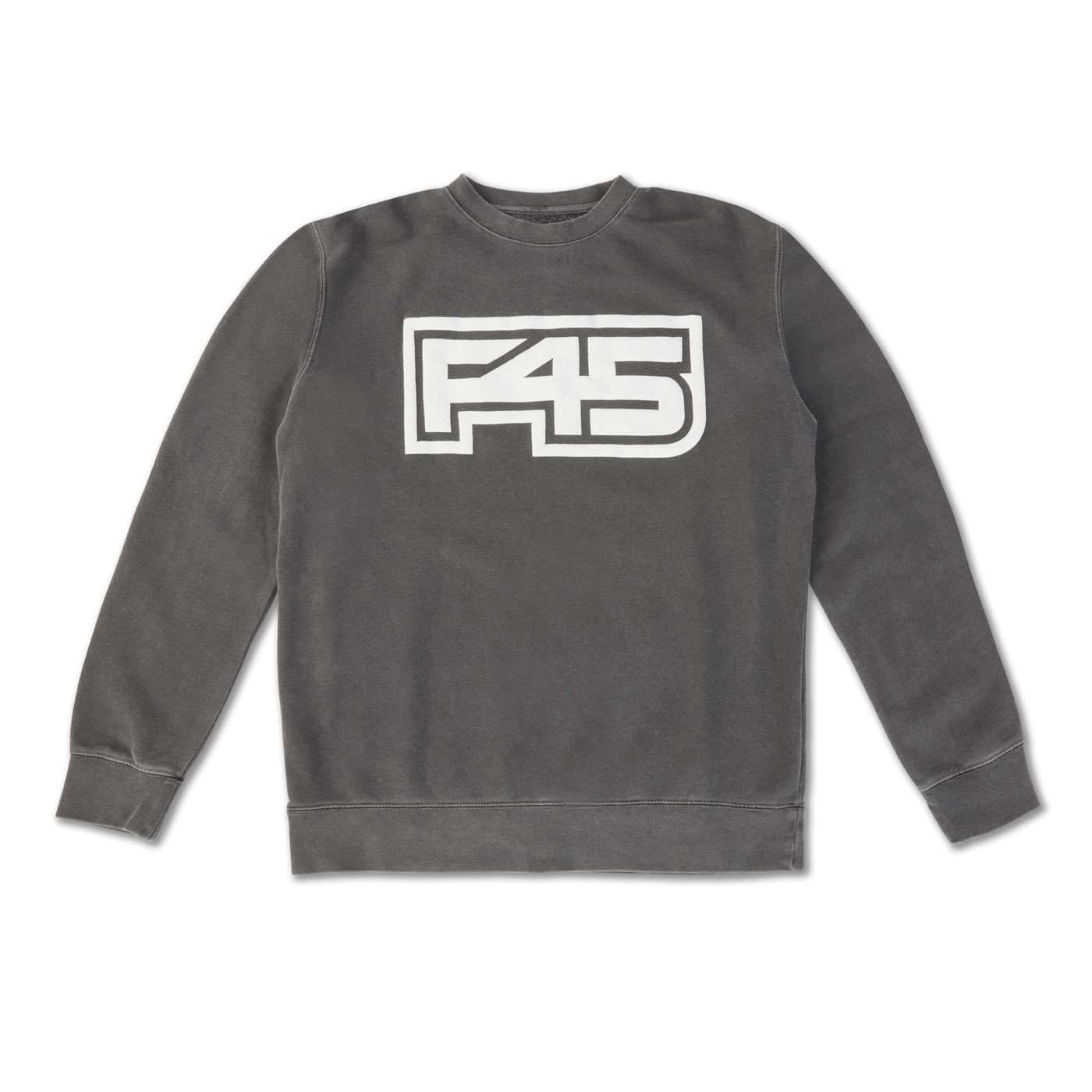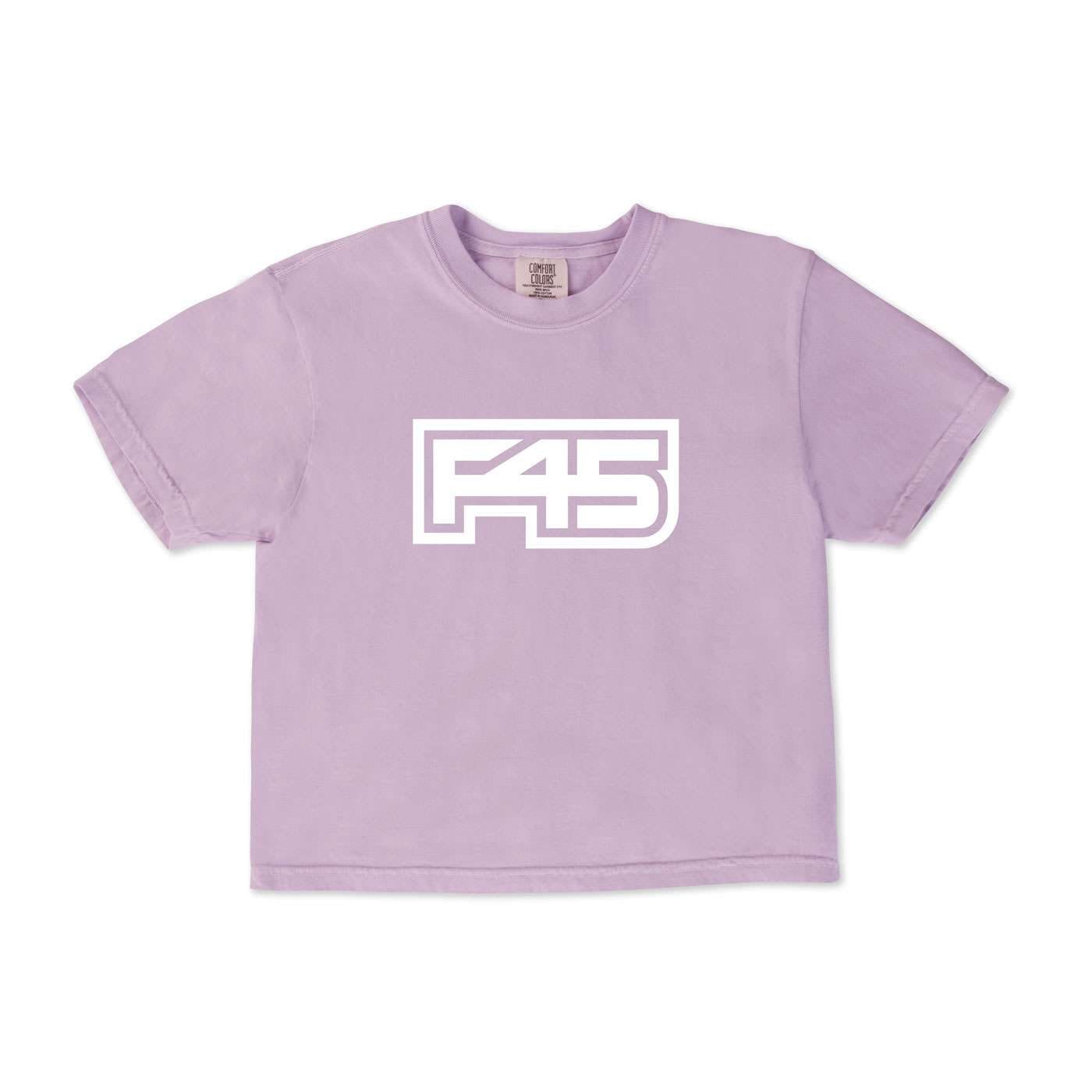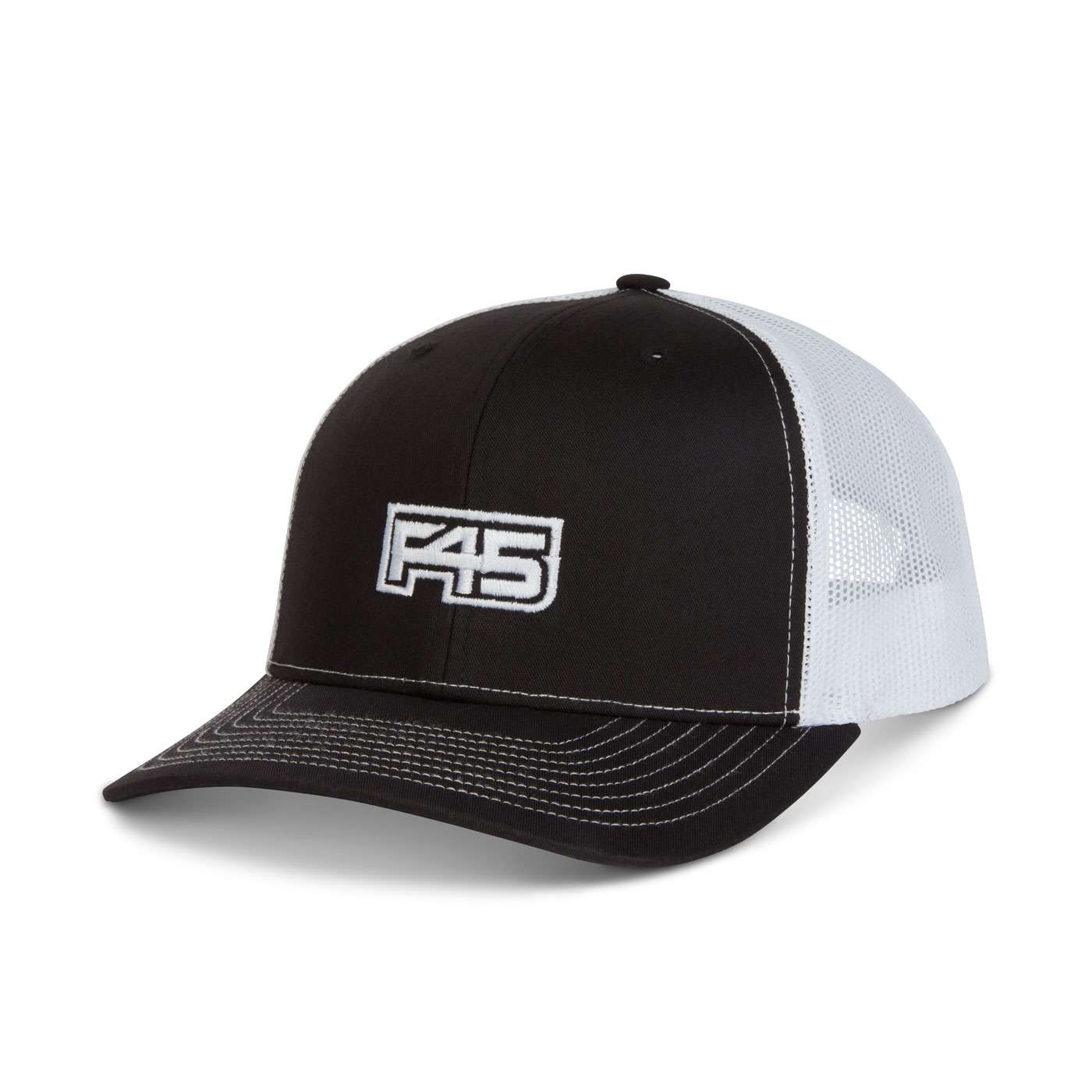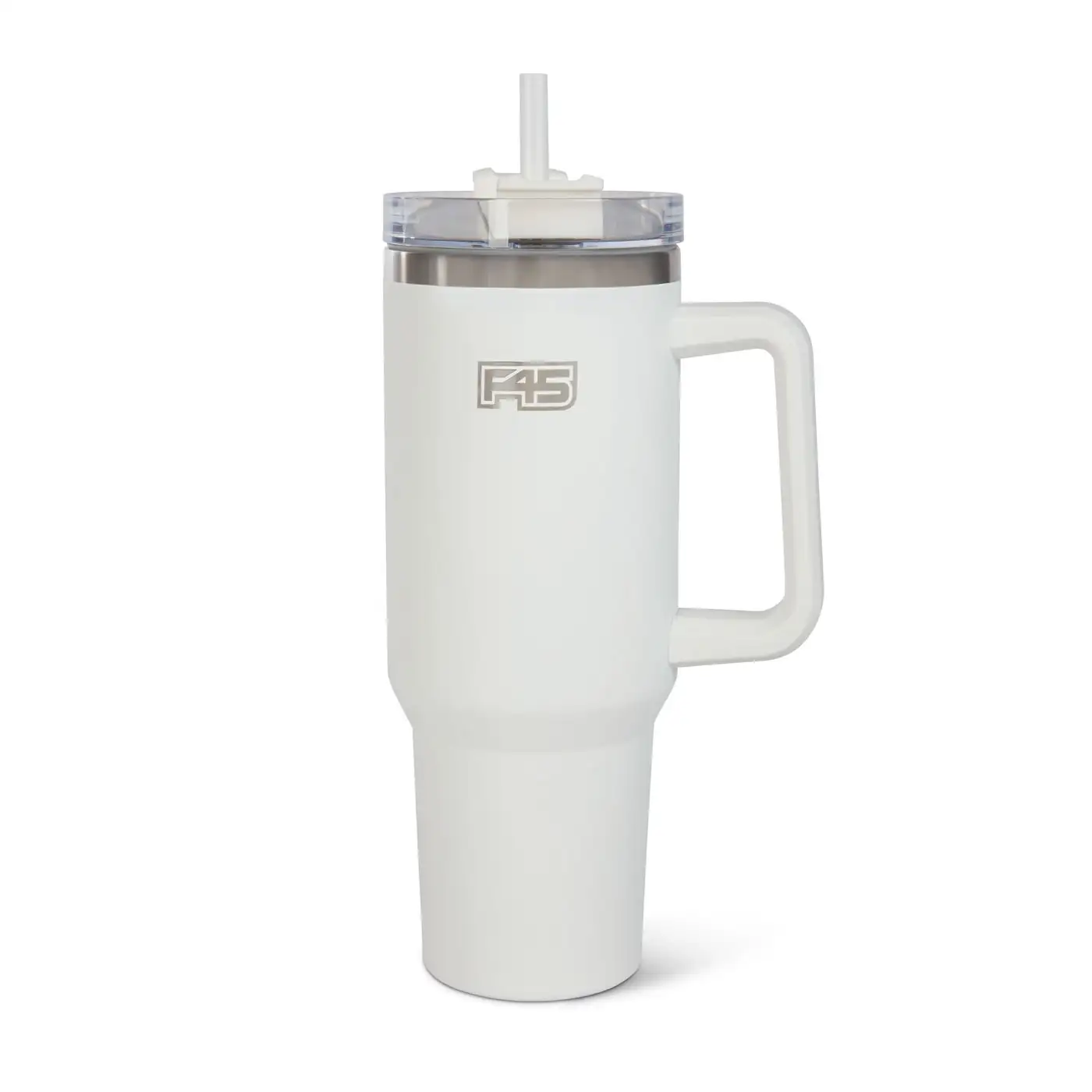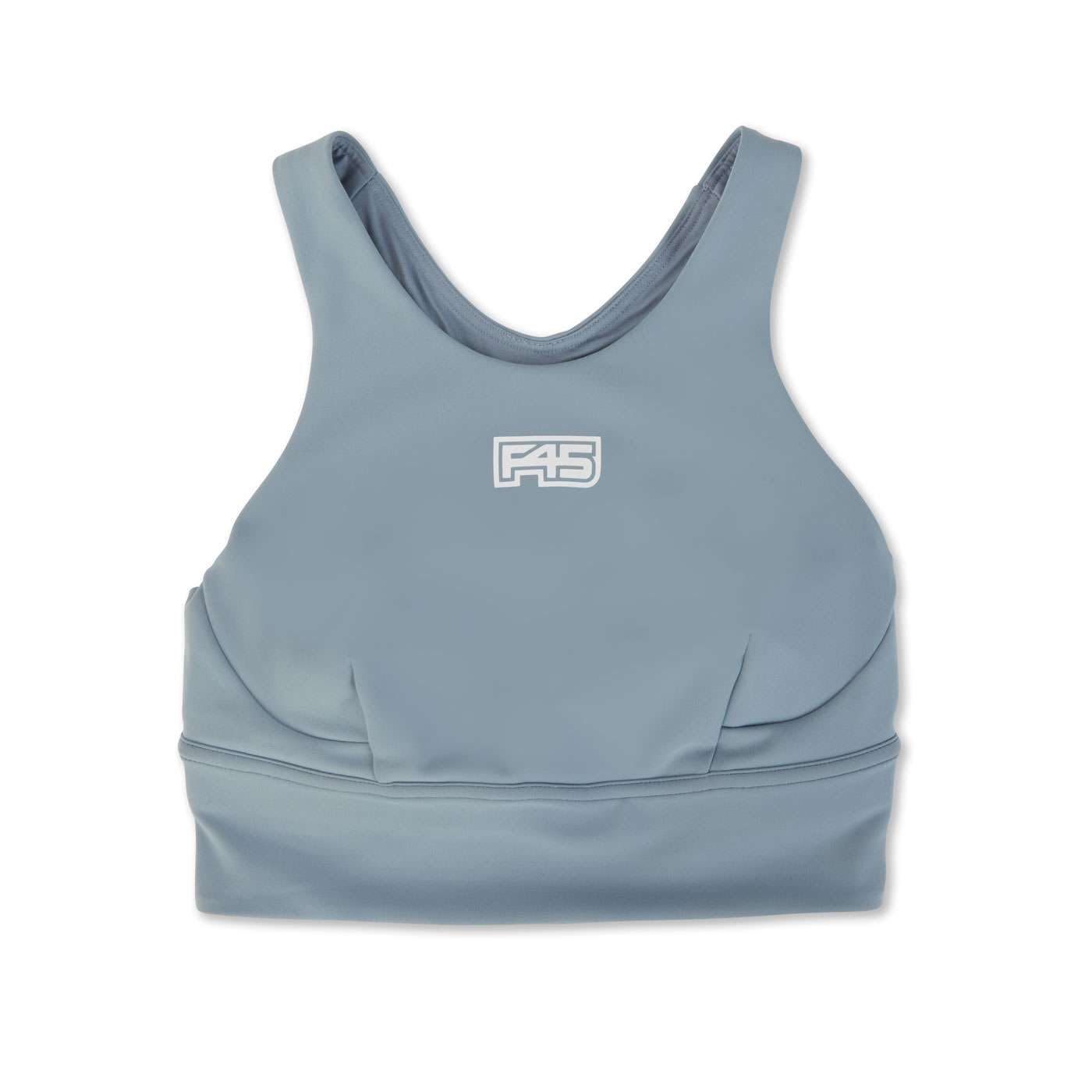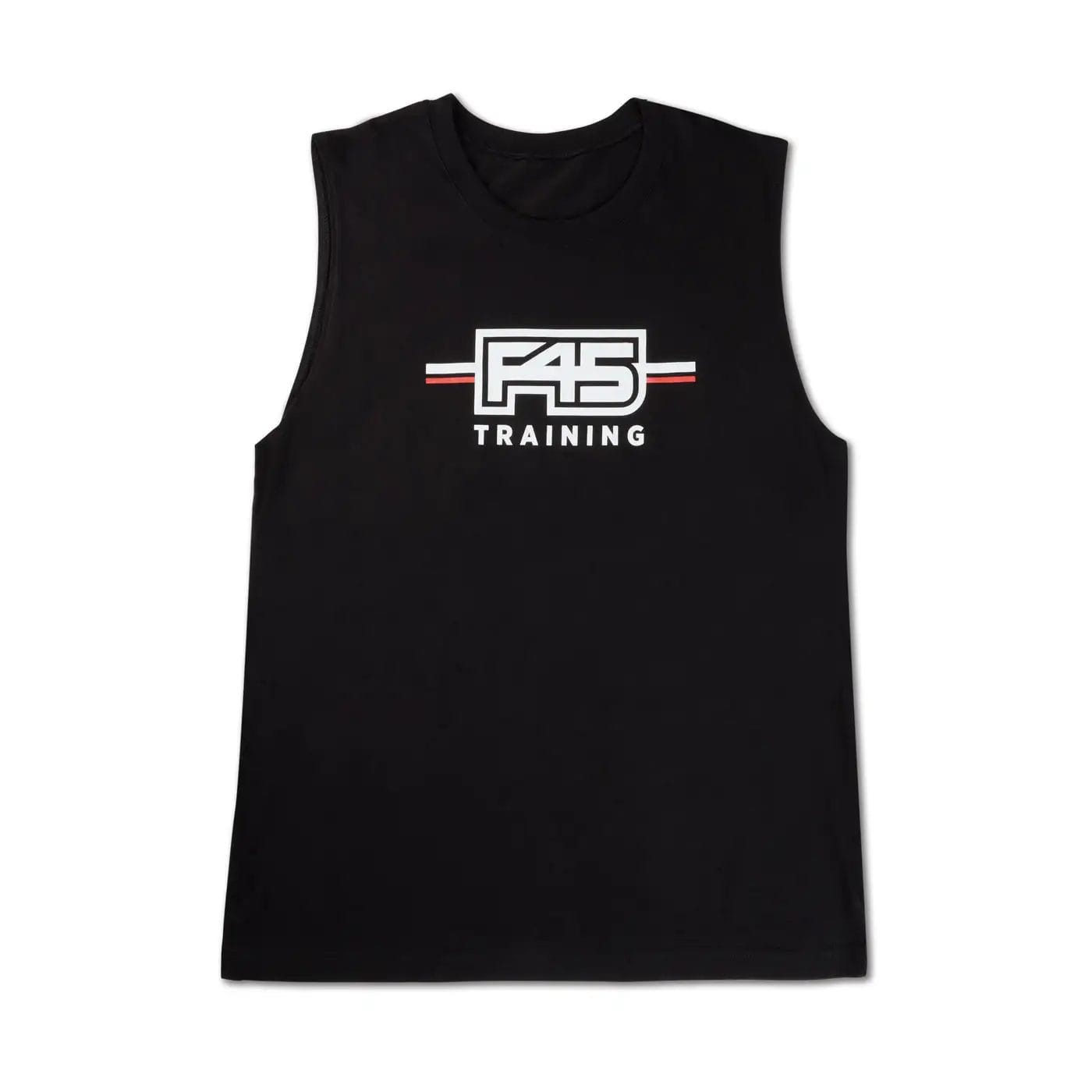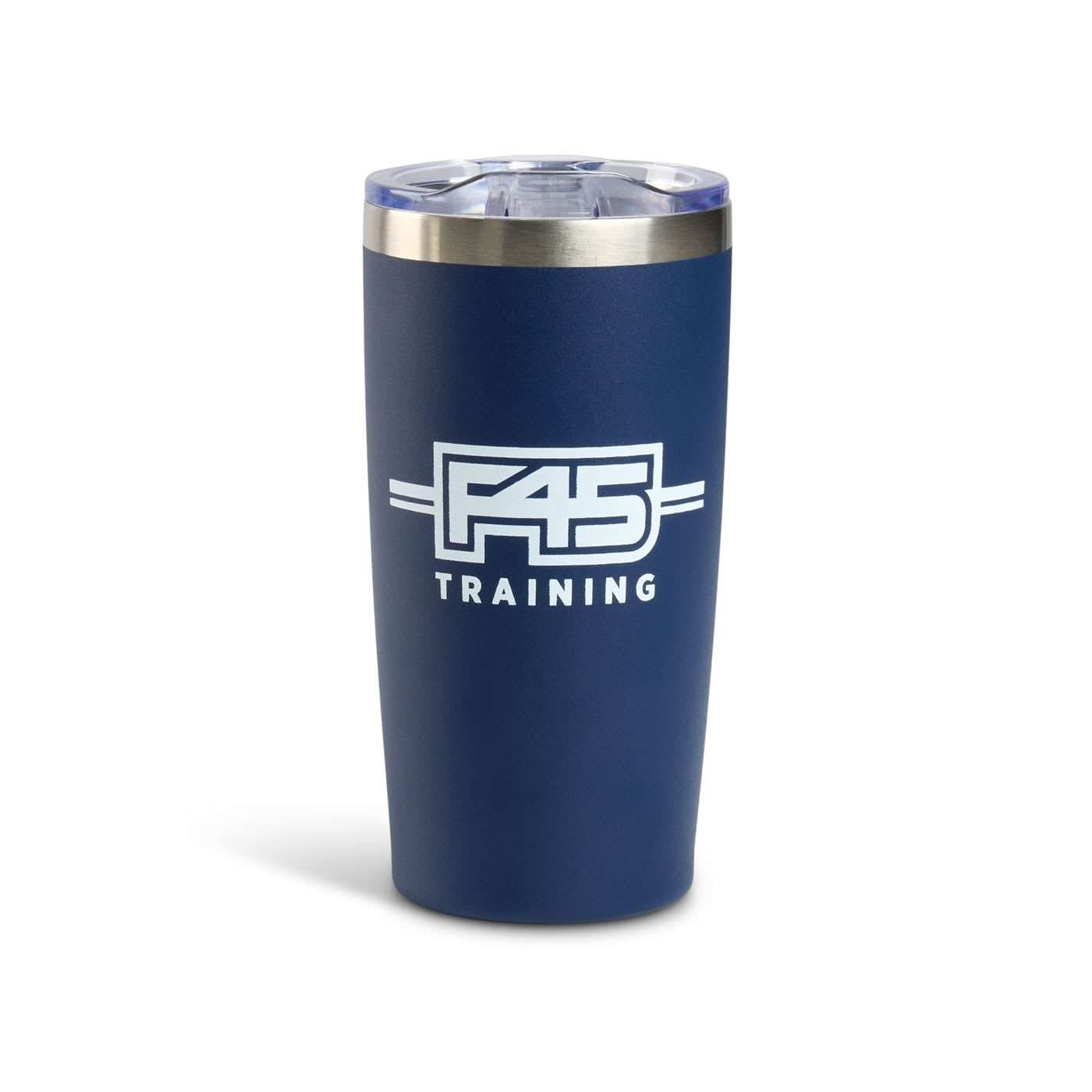By Ashleigh Kidd, RD, LDN | October 2022
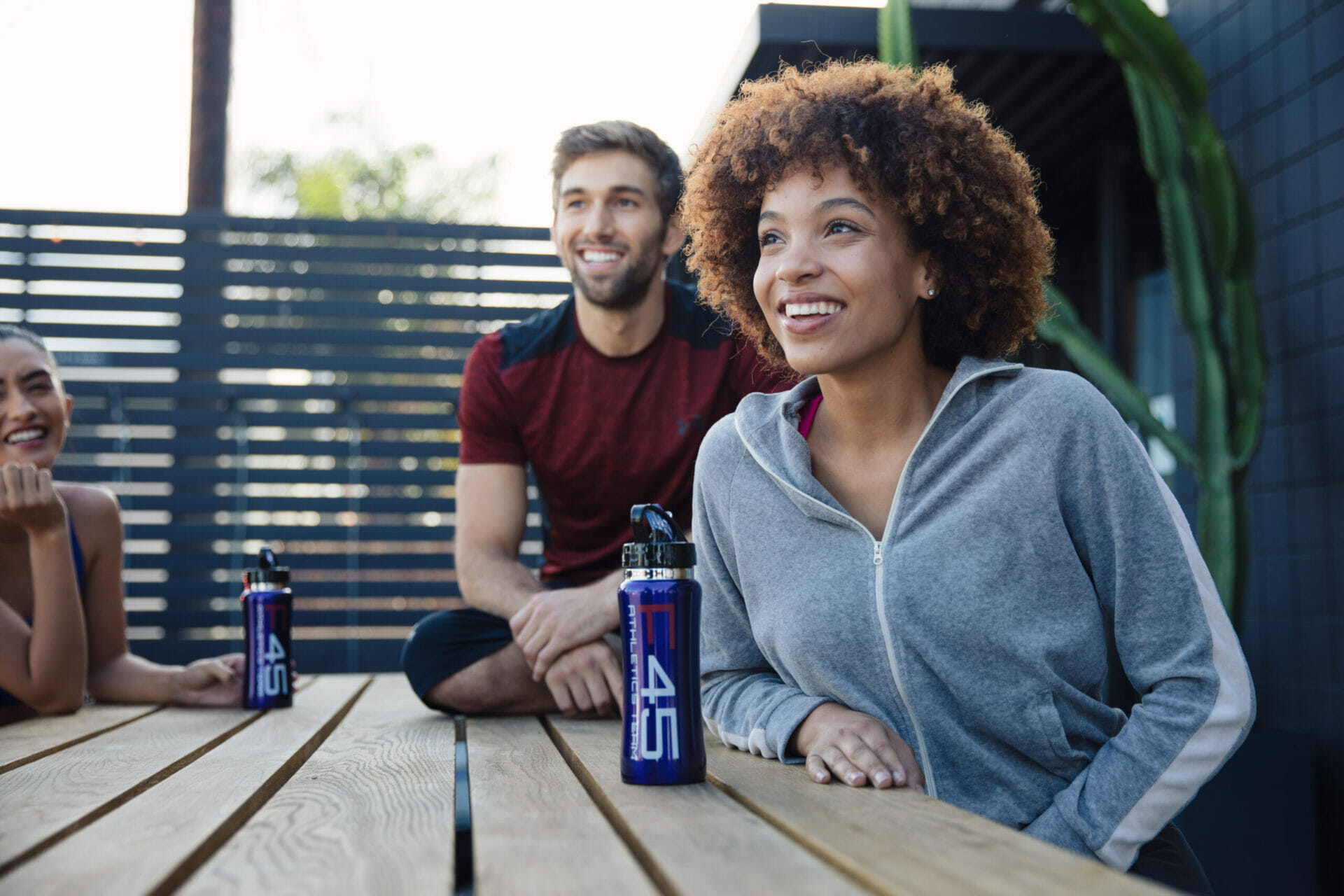
So you’re CRUSHING your workout, but are you fueling your body properly for your workouts? Eating certain foods before, during, and after your workouts can help improve performance, reduce the risk of injury, and aid in recovery. Let’s dive in:
Pre-Workout:
Ideally, you should eat 1 to 4 hours before your workout. Practice experimenting with different time frames and see how your body responds, figuring out what works best for you.
- If you’re eating 2-4 hours prior to your workout:
Aim to have a balanced meal including protein, fat, and carbohydrates. Click here for meal inspo from our recipe library and here to learn more about building a satisfying and balanced plate!
- If you’re eating 30-60 minutes prior to your workout:
Have a small snack rich in carbohydrates (you want something easy to digest). It’s important to note that you should eat what feels best for you prior to a workout, try different things out and know what works best for others might not work best for you.
- Examples:
○ Piece of fruit (banana, orange, apple)
○ Slice of toast or ½ bagel with small amount of butter or nut butter
○ Plain oatmeal made with water, small handful berries
○ Low-fat greek yogurt with berries
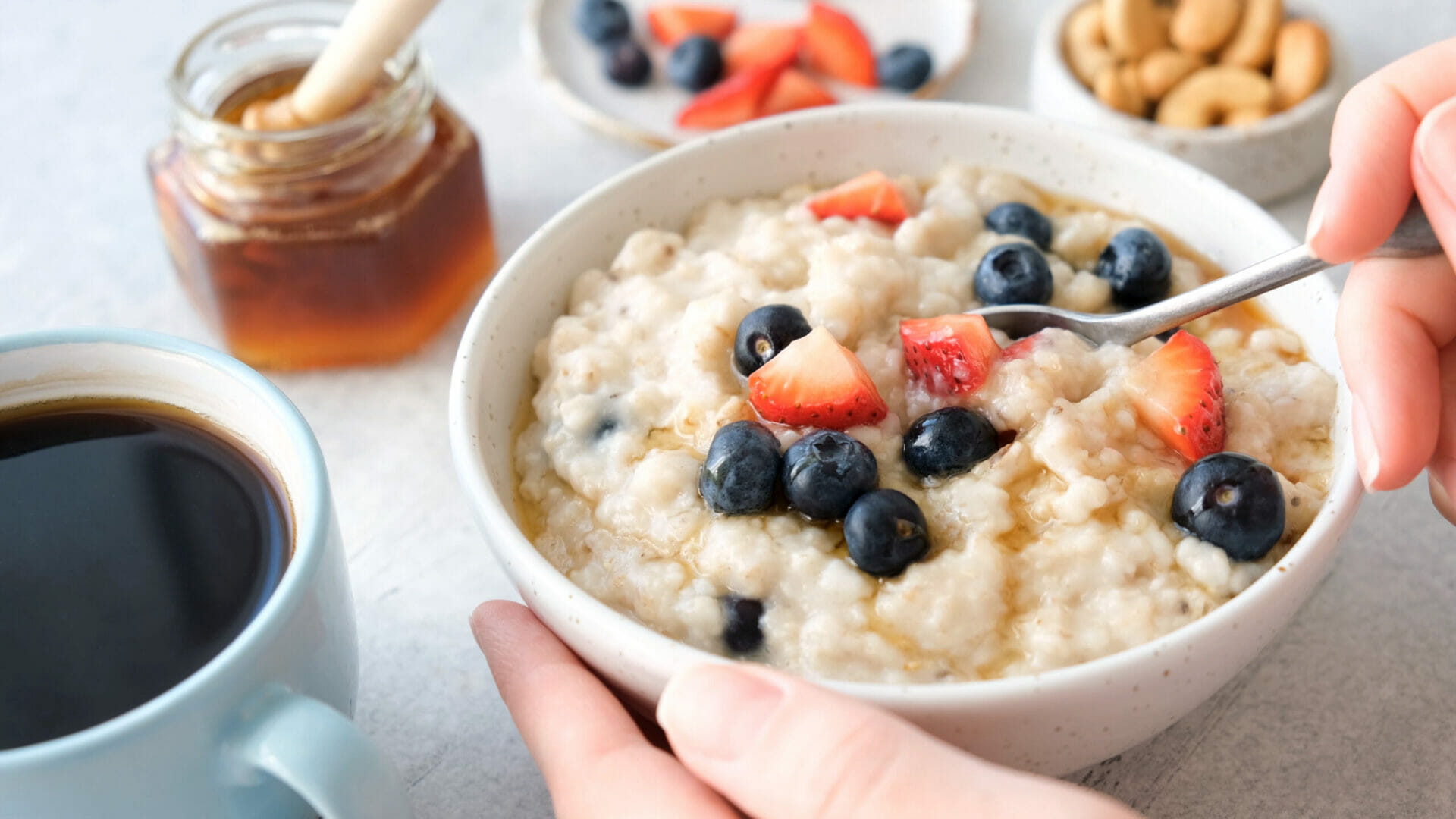
Why are carbohydrates so important?
Carbs often get a bad rap because of misinformation on the internet, in books, and even friends & family who mean well. BUT, carbs are absolutely essential for our bodies to function properly, and play a big role in pre/post exercise nutrition. They are our body’s main and preferred energy source. When we skip out on carbohydrates a lot of things can happen, including breaking down protein (those gains you worked so hard for!!)
When we cut out carbs there are risks and side effects that aren’t so fun like:
- we lose out on fiber, antioxidants, whole grains, and vitamins/minerals
- We experience fatigue without some carbohydrate fuel
- You’ll likely be hangry (yes this is a real thing). Our mood is greatly affected when we don’t eat enough or any carbohydrates
- Weight cycling: when we cut out macronutrients (such as carbs), it’s not sustainable. So you’re left starting the diet cycle over and over again. This can affect our metabolism, hormone function, mental health, and increased risk of developing a chronic disease.
There are different kinds of carbs. Some are higher in fiber and keep you fuller longer, and might even have some protein. While others have less fiber and your body will use them faster. Both of these offer different nutrients and can fit into your daily life.
During Your Workout:
If your workout is going to be longer than 60 minutes, adding in some simple carbohydrates every hour is recommended.
- Examples:
○ Sports Gel
○ Low fiber bar
○ Piece of fruit (apple, orange, banana)
○ Sports drink
Hydration:
During exercise, your body is experiencing fluid loss because you’re sweating. Make sure to continually take sips of water throughout your workout to replace this fluid.
Post-Workout:
As we’ve learned, carbohydrates are essential to your workout routine, including after your workout. By getting protein and carbs into your body after your workout, your muscles are able to repair and rebuild….and keep those gains!
Aim to have a balanced meal rich in protein and fiber within 60 minutes of ending your workout, especially if strength training.
- Examples:
○ Chicken stir fry with wild rice & veggies
○ Bison or turkey burger with veggies and sweet potato
○ Grains bowl with quinoa, black beans, veggies, and salmon
○ Tuna salad sandwich on whole grain bread with veggies
○ Baked tofu with brown rice noodles and sautéed veggies
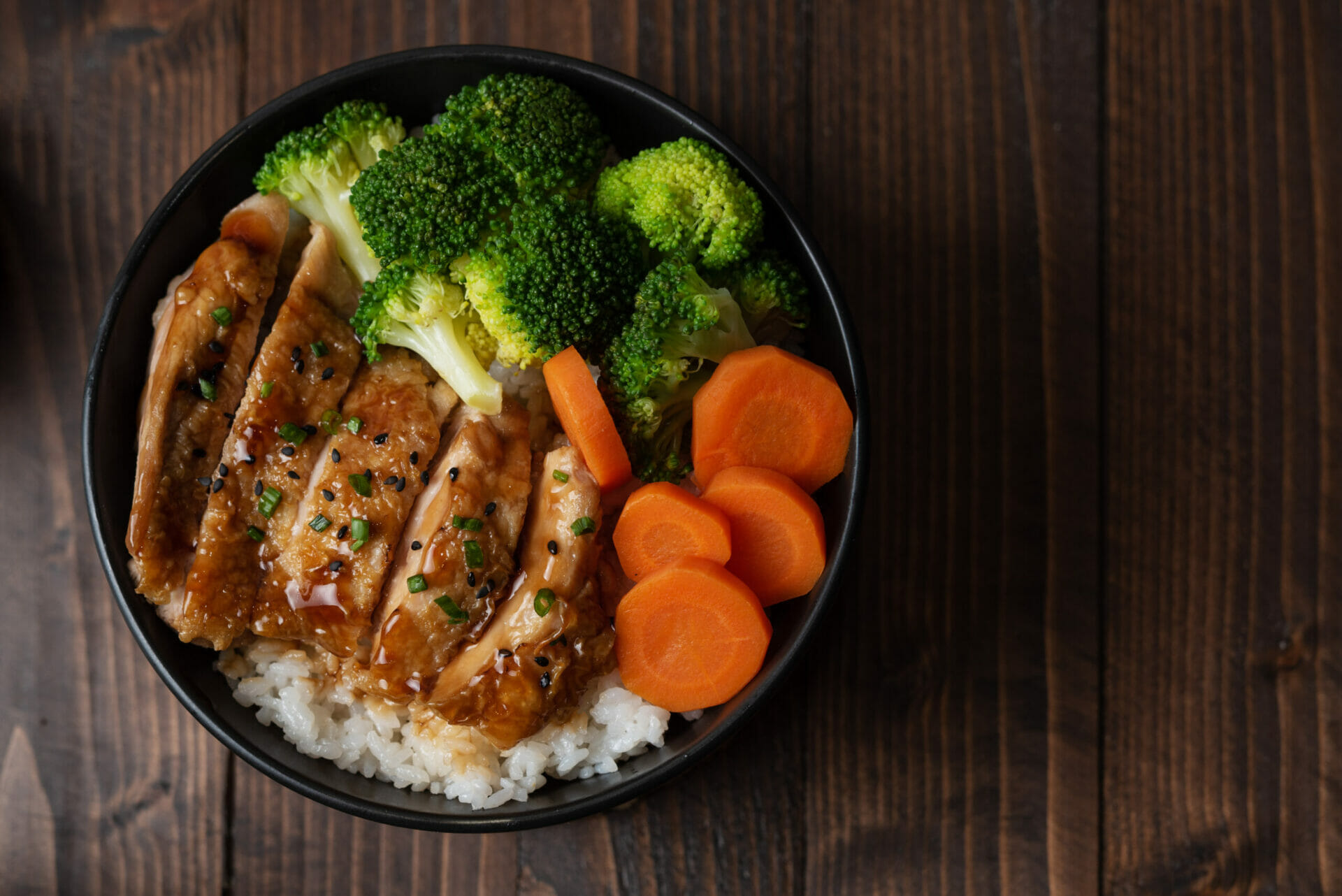
If you’re unable to have a meal within 1 hour of your workout, have a carbohydrate rich snack in the meantime.
- Examples:
○ Banana
○ Milk (plain or chocolate milk)
○ Yogurt
○ Protein shake (one with carbohydrates)
